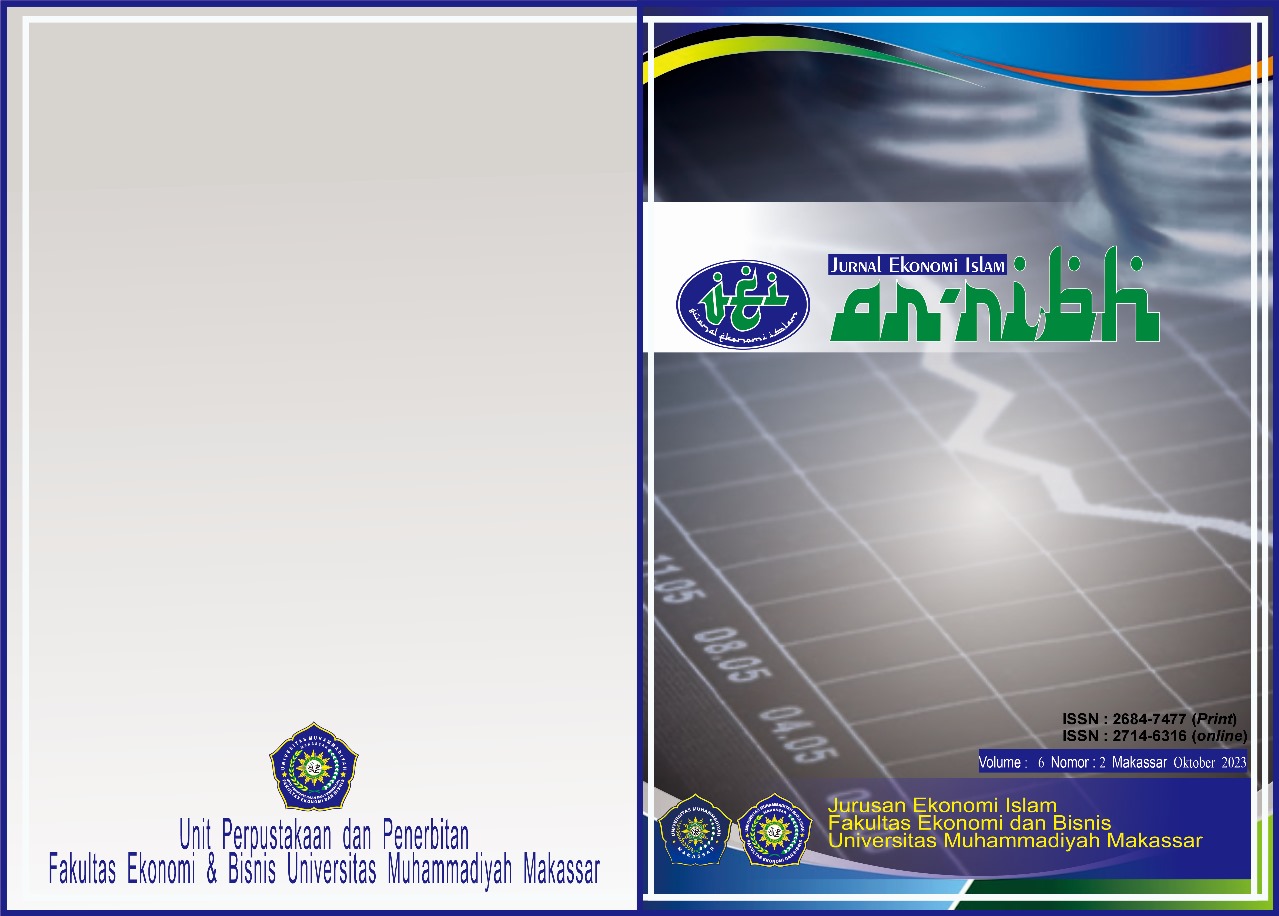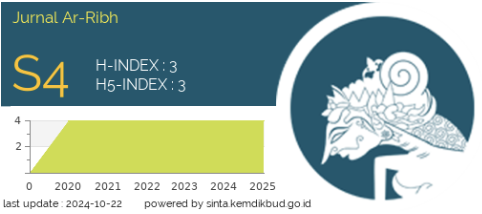The Role Of Zakat In Poverty Reduction In Indonesia
DOI: https://doi.org/10.26618/jei.v6i2.12813
Abstract
Indonesia is a developing country and is the fourth most populous country in the world and has a Muslim majority population. For developing countries, poverty is a problem that becomes homework for which a solution must be found. Several government programs that have been launched in the context of poverty alleviation need to be relied on more to be the solution to this problem, instead of being successful, the poverty rate in Indonesia is getting higher. In Islamic economics, zakat is a concentrated discourse as an alternative solution to the problem of poverty. The majority of Indonesia's Muslim population provides a great opportunity to achieve the mission of alleviating poverty. It is believed that the more Muslims are aware of the obligation to pay zakat, the greater the potential for zakat collected. Wise zakat management and fair and equitable distribution are certainly one of the conditions that must be met so that all levels of society can feel the function of zakat. This paper uses a literature approach and draws the conclusion that the potential for zakat in Indonesia reaches fantastic figures. Zakat can be used as an alternative solution to the problem of poverty in Indonesia. With professional management, the people of Indonesia must be optimistic that the poverty rate will soon be reduced.References
ndriyanto, I. (2011). Strategi pengelolaan zakat dalam pengentasan kemiskinan. Walisongo: Jurnal Penelitian Sosial Keagamaan, 19(1), 25–46.
Atabik, A. (2016). Peranan zakat dalam pengentasan kemiskinan. ZISWAF: Jurnal Zakat Dan Wakaf, 2(2), 339–361.
Badan Pusat Statistik; Nasional. (2022). Jumlah Penduduk Miskin Tahun 2021-2022.
Baznas, D. K. D. P. (2022). Potensi Zakat Baznas RI. Pusat Kajian Strategis – Badan Amil Zakat Nasional (Puskas BAZNAS).
Chaniago, S. A. (2015). Pemberdayaan zakat dalam mengentaskan kemiskinan. Jurnal Hukum Islam, 47–56.
Departemen Agama, R. (2020). Al-Quran dan Maknanya. Lentera Hati.
Hafidhuddin, D. (2004). Zakat dalam perekonomian modern (I. Kelana (ed.)). Gema Insani.
Haidir, M. S. (2019). Revitalisasi Pendistribusian Zakat Produktif Sebagai Upaya Pengentasan Kemiskinan di Era Modern. Muqtasid: Jurnal Ekonomi Dan Perbankan Syariah, 10(1), 57–68.
Madani. (2016). Hukum Islam: Zakat, Infak, Sedekah, dan Wakaf.
Pujianto, P., & Asrori, A. (2015). Implementasi PSAK 109 pada Organisasi Pengelola Zakat dan Infak/Sedekah di Kota Semarang. Accounting Analysis Journal, 4(1).
Qadir, A. (2001). Zakat dalam dimensi mahdah dan sosial. Jakarta: Raja Grafindo Persada, 83–84.
Rahman, M. R. (2019). Peran Zakat Dalam Mengentaskan Kemiskinan Di Indonesia. Hukum Islam, 19(2), 130–148.
Ridlo, A. (2014). Zakat dalam Perspektif Ekonomi Islam. Al-’Adl, 7(1), 119–137.
Rifqi, M. (2008). Akuntansi Keuangan Syariah. Yogyakarta:P3EI Press.
Romdhoni, A. H. (2017). Zakat dalam mendorong pertumbuhan ekonomi dan pengentasan kemiskinan. Jurnal Ilmiah Ekonomi Islam, 3(01), 41–51.
Setiawati, R. (2015). Literasi Keuangan Islam (Suatu telaah Literatur). Journal Ecnomia.














